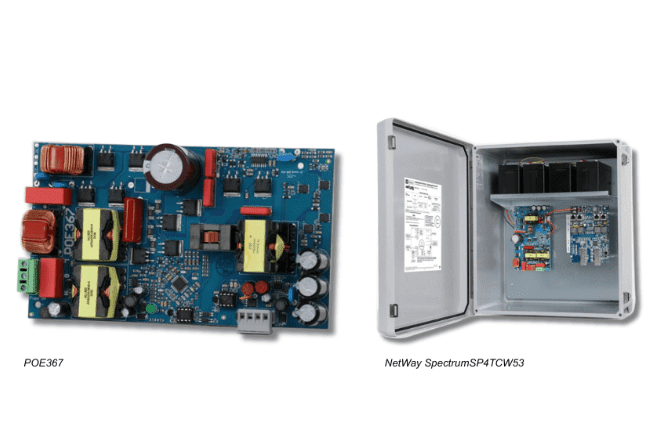
During the review period (2007–2011), Malaysian military expenditure recorded a CARC of -3.14% and stood at a total of US$3.51 billion in 2011. Over the forecast period (2012–2016), the country’s defense spending is expected to record a CAGR of 9.4% to reach a projected value of US$5.46 billion in 2016. This anticipated increase in defense expenditure will be driven by the fact that Malaysia is located in an unstable region, the country’s involvement with Singapore in competitive arms procurement, its strained relationship with Indonesia and its involvement in peacekeeping missions. Furthermore, to compensate for historically low levels of defense expenditure, Malaysia is expected to make a significant investment in the modernization of its armed forces over the forecast period.
Despite the global economic slowdown in 2009, Malaysian defense imports registered an annual volume increase of 191.5%. During 2005–2010, Russia was the country’s largest arms supplier, followed by Germany, France and Spain. As Malaysia maintains good relations with the world’s arms supplying countries, the Malaysian defense industry is accessible to foreign companies worldwide. This is vital as, thanks to Malaysia’s low defense budget and limited scope for investment in research, development and the acquisition of new technology, the country’s military industrial base is severely undeveloped, with negligible defense exports. This situation is expected to continue over the forecast period, resulting in Malaysia continuing to rely on defense imports. These imports are expected to be concentrated on ships and aerial surveillance systems as a result of an increased focus on combating maritime security threats.
In an attempt to both reduce the country’s dependence on foreign arms supply and enhance domestic defense capabilities, the Malaysian government has implemented mandatory offsets for all defense procurements exceeding US$13.2 million. As a result of the country’s focus on the development of a self-reliant domestic defense industry, direct offsets are preferred. Moreover, the country’s offset policy requires foreign investors to invest a minimum of 50% of the contract value into the Malaysian economy, and half of the total offset value may take the form of countertrade or agreements to purchase Malaysian goods. Furthermore, foreign companies must also pay 5% of the total contract value at the beginning of the agreement, as protection against the non- or under-performance of the offset obligation. Multipliers are decided on an individual case basis and are only granted if the Malaysian government considers local companies, universities or research and development organizations able to utilize the technology transferred.
To aid the development of the domestic defense industry, the Malaysian government encourages foreign investors to enter the country’s defense industry through partnerships with domestic defense companies. Consequently, a number of foreign companies have entered the Malaysian defense industry through the establishment of a wholly-owned Malaysian subsidiary, with a notable example being Rohde and Schwarz, an electronics manufacturer based in Germany, which used this entry route to enter the country in 2004. In 2010, the company formed an alliance with a domestic company. Furthermore, the country hosts two defense exhibitions biennially, providing foreign manufacturers the opportunity to market and sell products within the country.
In comparison with most other countries, the Malaysian defense budget is relatively low. Moreover, in 2011, the country only a small percentage of this amount for the acquisition of military hardware, a figure which limits the possibilities of significant investment in the procurement of advanced defense systems. Also, the lack of transparency during the contract bidding process leads to high levels of corruption throughout the procurement process, with the absence of an external monitoring agency also contributing to the limited transparency of defense deals. Finally, the involvement of domestic brokers obtaining commission on the sale of foreign military goods also has a negative impact on the domestic defense industry.
Although Malaysia’s large and religiously diverse population has traditionally lived peacefully and been praised as an exemplar of a tolerant society, tension between the different religious groups within the country increased markedly during the review period. In total, the country’s population stands at 28 million, with approximately 60% being practicing Muslims, 20% being practicing Buddhists, 9% being practicing Christians, 6.3% being practicing Hindus and the remainder practicing Confucianism, Taoism and other Chinese religions. Recently however, tensions have been rising between the Malaysian Government and the country’s two million Hindus, with the government wanting to demolish unregistered Hindu temples, an act Hindus perceive as desecration of Hindu deities. Furthermore, religious intolerance is steadily increasing within the country, and is being fuelled by a number of inflammatory actions. A notable example of this occurred in 2009, when a cow’s head, a sacred animal in the Hindu faith, was severed and displayed at the head of a procession in order to protest against the proposed relocation of a temple. This incident increased the chance of violent confrontations in the country and it is this risk that is forcing the government to enhance its homeland security in order to maintain law and order.
Contact
[email protected]





















